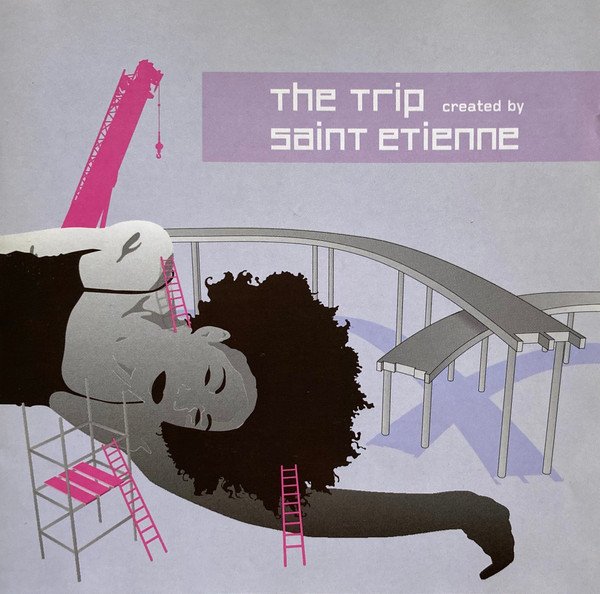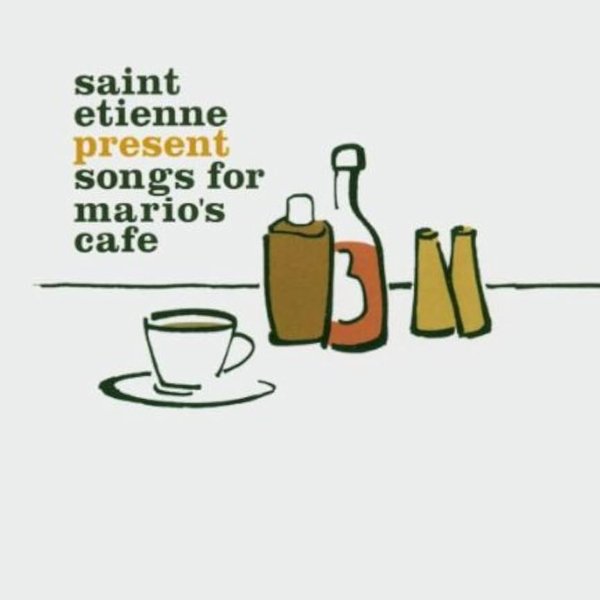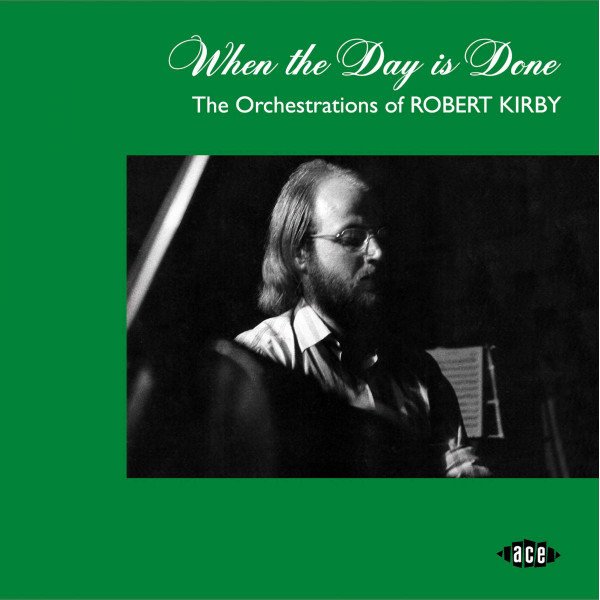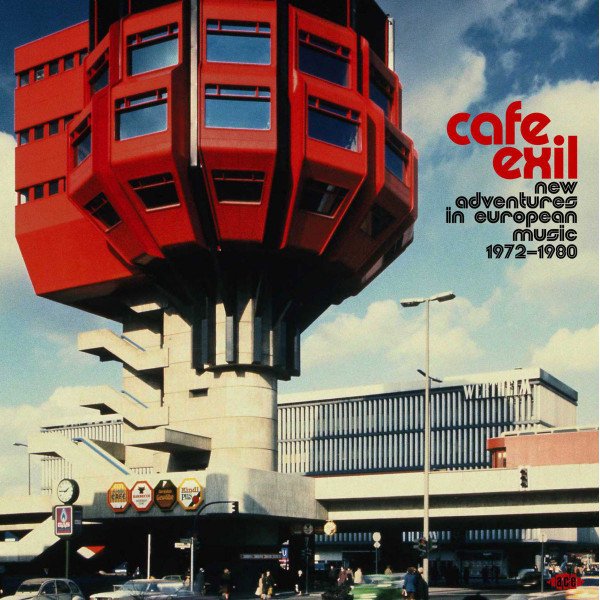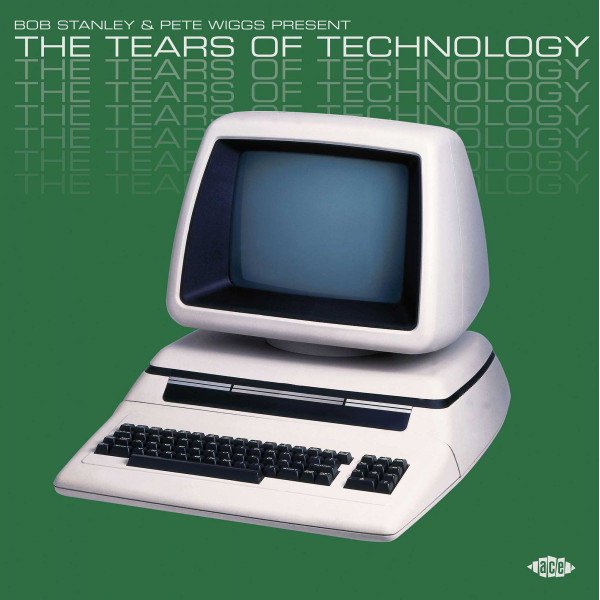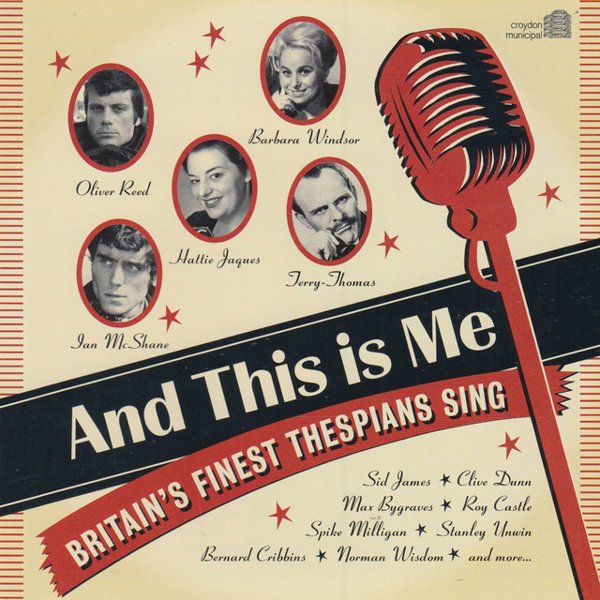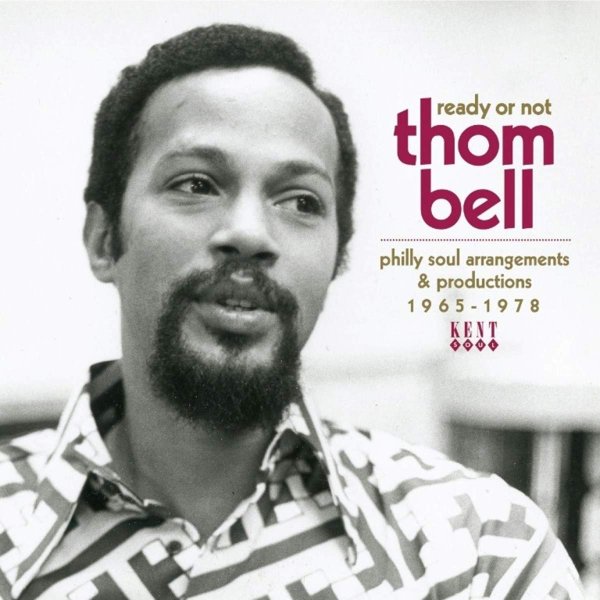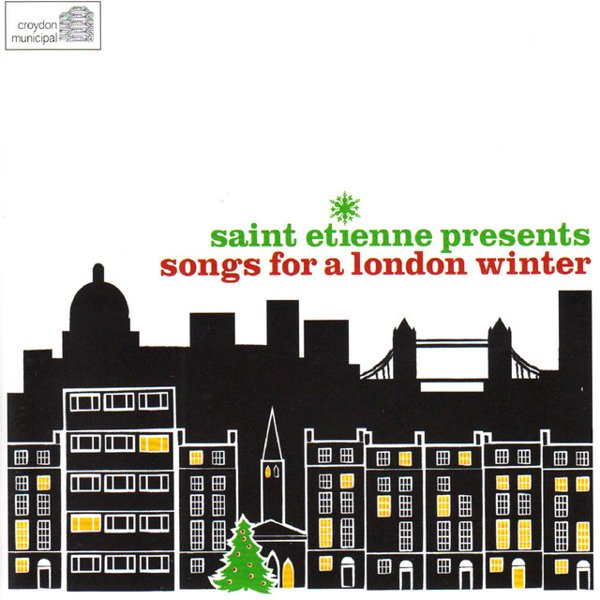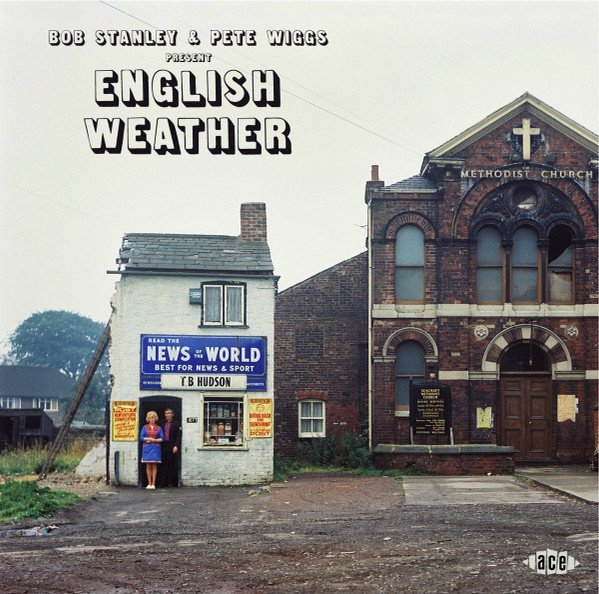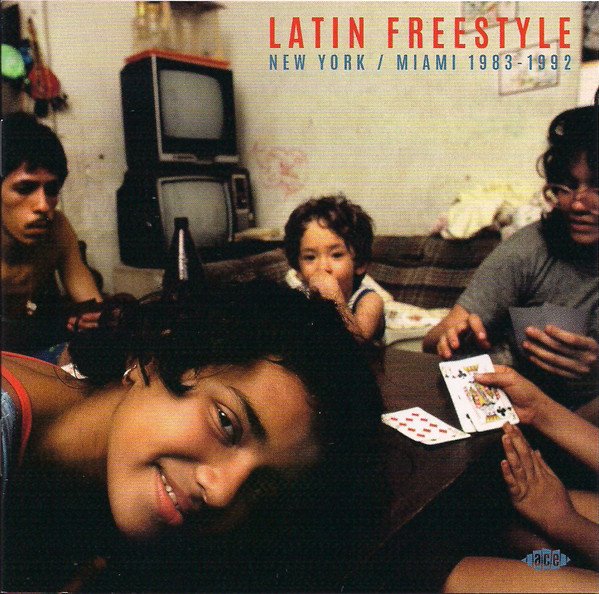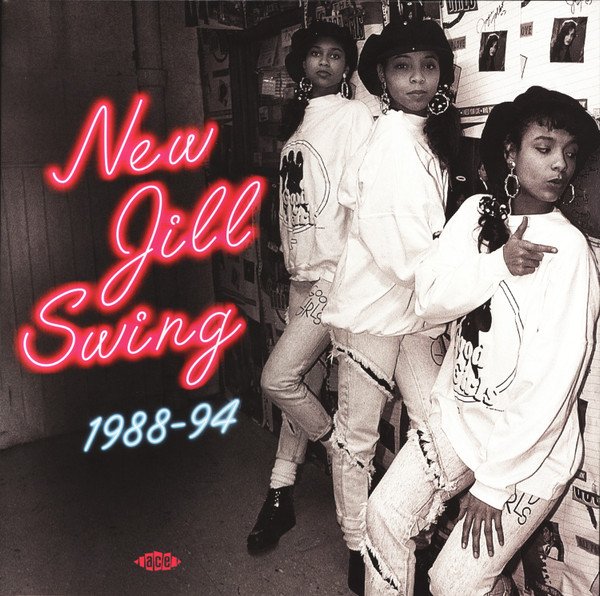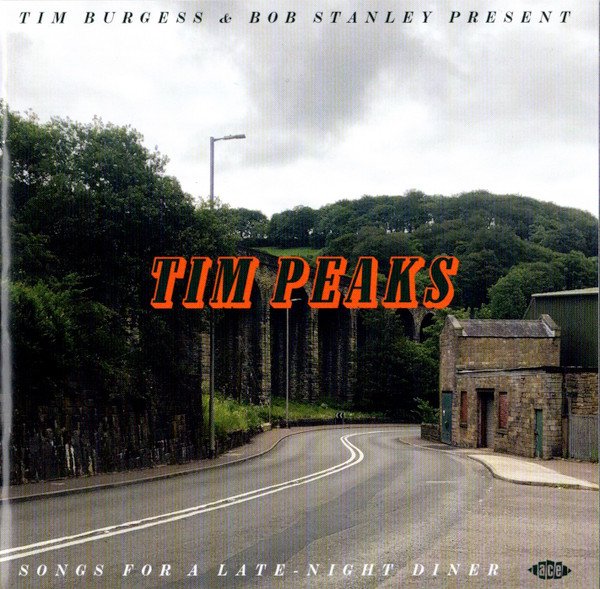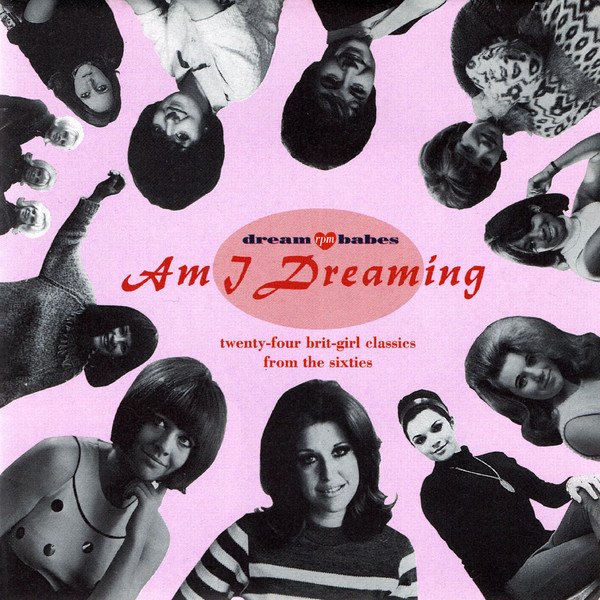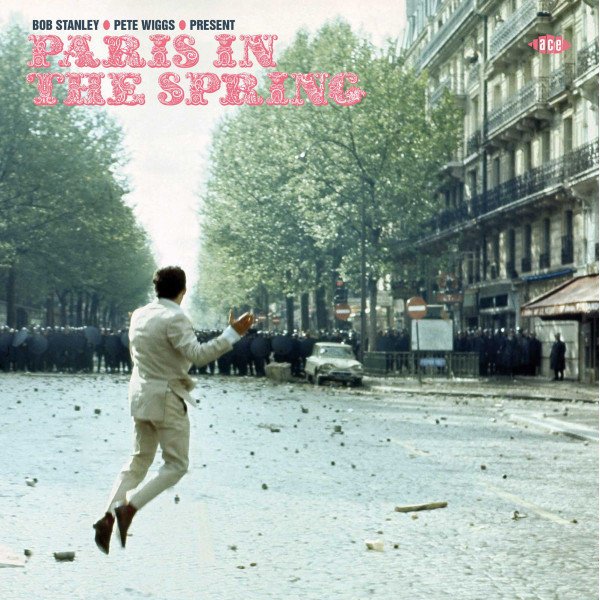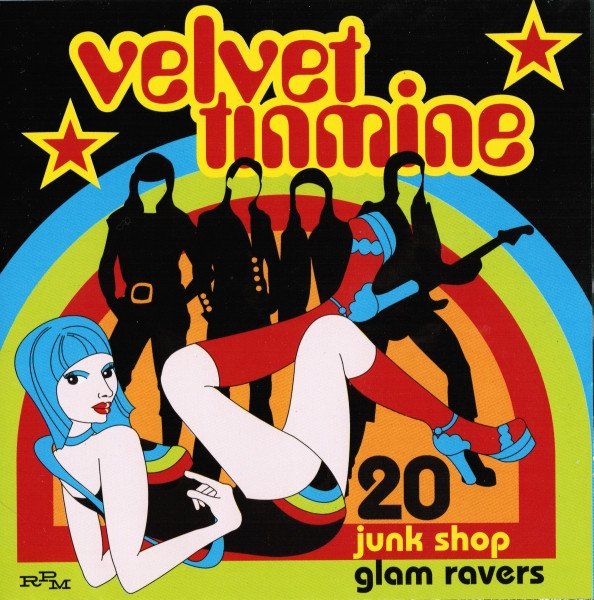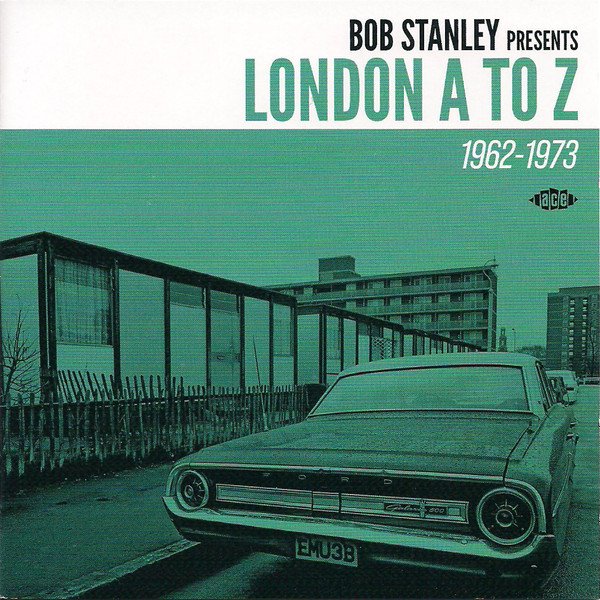Born in Sussex in the UK on Christmas Day 1964, Bob Stanley has become a notable cultural lodestone in his home country and beyond, mostly for projects driven by his musical obsessions. He remains most well known as the cofounder, along with longtime friend and fellow music journalist Pete Wiggs, of the group Saint Etienne in 1990; with the addition of Sarah Cracknell as lead singer the following year, the trio continue to record and perform regularly, with a new album due later in 2025, the year this essay was written. But besides his earlier journalism, beginning in the 1980s and continuing to the present day, he’s worked in collaborative film and related projects, published a number of books, run a variety of small record labels and otherwise keeps busy, including compiling what has become a wide ranging and intriguing series of musical overviews, generally focused on on American, UK and wider European popular music of many different stripes. Stanley, who like many others in the last few decades had started creating homegrown mixes as a teenager, at his best exemplifies the curious and generous spirit of such efforts via these formal releases.
There’s no particular pattern to Stanley’s work over time, often creating releases on his own, sometimes with Wiggs, other times with Saint Etienne as a band and still other times with others entirely. Indeed, one of his various label efforts, the mid 2010s imprint Croydon Municipal, was almost entirely dedicated to compilations. He’s also created or written liner notes for a variety of single-artist overviews over time, including extensive box sets on the Searchers, Sandie Shaw and legendary producer Joe Meek. In his variously themed compilations, he generally aims for overviews that are often less meant to be unquestioned lore and more a side perspective or particular angle or way of thinking about styles and approaches that allows for imaginative range. The vagaries of licensing tracks for formal release and the money often needed for it can also mean that while more famous or seemingly crucial songs might not appear where expected, in turn that helps to call attention to the impact made by lesser-known tracks on the contexts in which such high flyers eventually appeared. Combined at many points with Stanley’s informative liner notes, sometimes with gently whimsical or quietly observant essays helping to set a wider scene, the results can be equally entertaining and educational.
Stanley’s first formally released effort in this vein, aside from a compilation drawing from the Saint Etienne-run label Icerink, was 1994’s Dream Babes Volume One: Am I Dreaming?. It was the start of an irregular series focused on UK women singers and performers during the 1960s, as well as the beginning of a general approach of sometimes open-ended series or concepts would often recur over the decades. For much of the decade, occasional liner notes aside, Stanley generally remained more busy with Saint Etienne as well as various smaller labels he ran or assisted, but in the 2000s, besides restarting the Dream Babes series with more regular releases, he made a notable splash in early 2003 by assisting Phil King and Mark Stratford in compiling Velvet Tinmine, which brought the concept of ‘junkshop glam’ to wide attention and sparked a wave of interest in the lesser known efforts of glitter’s rampage in the early 1970s UK. But 2005 proved to be a particularly notable year thanks to the success of two compilations assembled by Saint Etienne collectively: Saint Etienne Presents Songs for Mario’s Cafe, the first in another irregular series themed around real or imagined clubs, pubs and diners, and their entry in the mid-2000s mix CD series The Trip, showcasing their wide ranging taste in pop, rock, soul, disco and beyond from previous decades.
As other archival label efforts like Eclipse and Croydon Municipal captured some of his activity, along with various one-off releases or short run efforts with other labels, a key turning point occurred in 2016 with his first release via the Ace label, Saint Etienne Presents Songs For The Carnegie Deli. Since then, while still working with other labels on various projects (including a series of wide music scene and genre overviews exclusively for release in the UK supermarket chain Sainsbury’s), Ace has been the primary home for his many compilations whether by himself or with others, in some cases releasing multiple disparate efforts throughout a single calendar year. While most of his compilations up to that point had focused heavily on the 1960s and 1970s into the early 1980s, increasingly he showcased not merely more distaff or unusual efforts from that time, such as 1970s avant-garde European pop and early synthpop efforts, but deeper views into American freestyle, r’n’b and hip-hop of the later 1980s into the 1990s as well as early 90s downtempo dance music in general.
At the time of this essay’s writing alone, Stanley had already released two efforts for 2025 – Liverpool Sunset, looking at the immediately post-Beatles breakout scene in their home city, and American Baroque, taking in the impact of the Left Banke’s success with “Walk Away Renee” – along with announcing a third, Gather In The Mushrooms, that would be a rerelease/reworked effort drawing on two out of print compilations he’d overseen in the 2000s looking at dawn-of-the-seventies underground UK folk. Doubtless more compilations are well into the planning stage for release in the near future. (All this while Stanley is continuing to otherwise write and work in other areas beyond his own band – early 2025 also brought his liner notes for a rerelease of cult US folk performer Norma Tanegra’s 1971 album I Don’t Think It Will Hurt If You Smile.) Whatever comes next in this vein from Stanley, it’ll certainly be an intriguing snapshot of the past in a new light.



